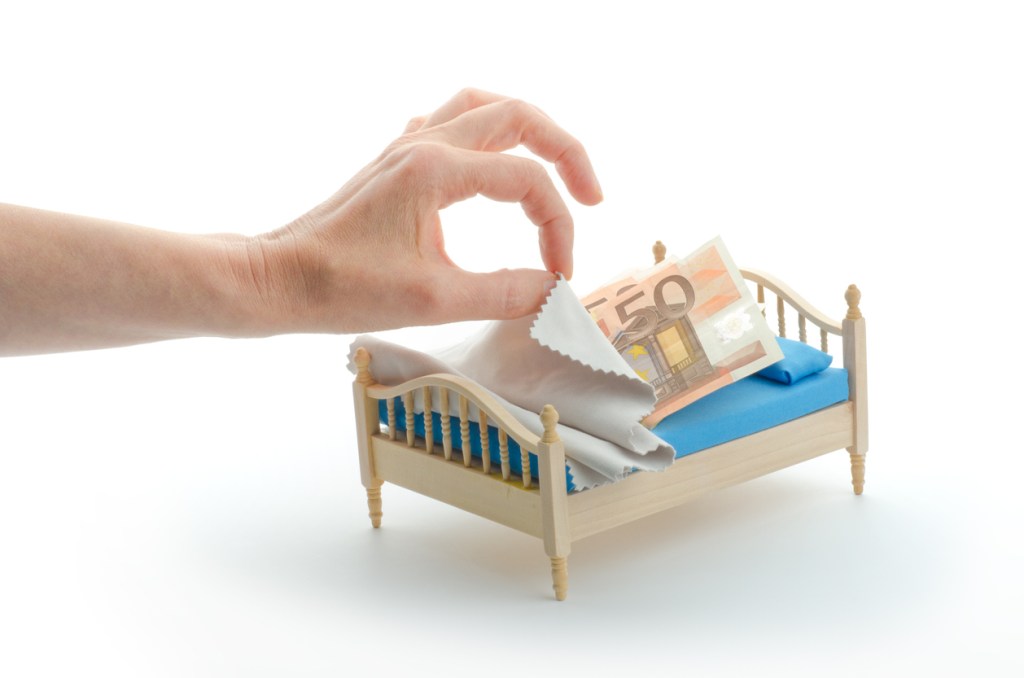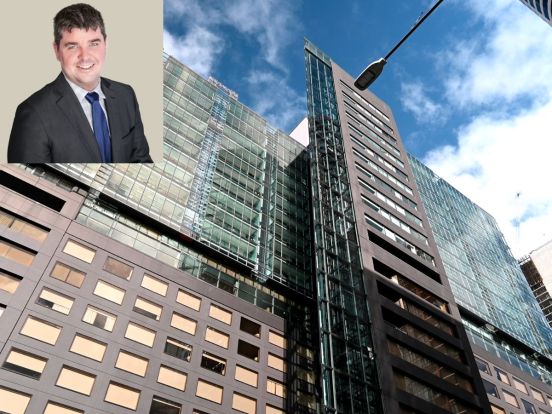The tourism industry is disappointed that Auckland hotels and other commercial accommodation providers will be forced to pay the city’s targeted rate following a High Court decision.
“TIA has consistently argued that the rate is unfair, as hotels receive only a small portion of visitor spend in Auckland. Many other businesses also benefit from tourism, but they are not facing this extra impost at a time when tourism is slowing,” TIA Hotel Sector Manager Sally Attfield says.
“In 2019, Auckland-Tamaki-Makaurau hotels reported an average occupancy of 82%, the lowest occupancy in the city for the last five years. The slowdown will be exacerbated by the coronavirus outbreak and, with no new major events scheduled in Auckland this year, hoteliers are not expecting to see any significant improvement in their bottom line.”
The judge’s finding that there is no requirement to demonstrate a proportionate relationship between a ratepayer’s liability and the benefit they receive from the rate itself, is surprising, Ms Attfield says.
“The concern is that this opens the door to councils to impose targeted rates on any group of ratepayers they choose, for any reason.”
In its November 2019 report into Local Government Funding and Financing, the Productivity Commission dropped its support for local bed taxes and accepted TIA’s position that international visitors are already more than paying their way, primarily through the GST system.
The Productivity Commission report said councils already have a wide range of funding options available to them and need to make better use of these, including user pays, rates and debt funding. The Commission said there is also a role for central government funding support, which could be targeted more efficiently to ensure councils can plan and prepare for tourism.
TIA has said supports this position and will work with the relevant agencies to progress the work and recommendations of the Productivity Commission.








